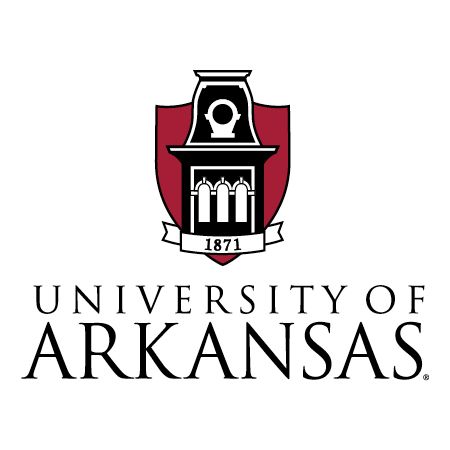FAYETTEVILLE, Ark. – A proposed addition and renovation to Donald W. Reynolds Razorback Stadium will not only be popular with fans and help enable the university's largest revenue-generating sport, football, to support non-revenue-generating sports on campus, but will provide a major positive economic impact to the rest of campus and beyond.
"Recent questions submitted to the university by Board of Trustee member Sen. David Pryor signaled a need for campus to provide some clarity on details of the project. The senator asked good questions," University of Arkansas Chancellor Joe Steinmetz said. The answers were detailed and submitted to the senator along with a letter.
Points made by the chancellor in the letter include:
- "We believe that this project is not only important for the future of the University of Arkansas, but also for the continued economic and cultural growth of our state."
- "A metaphor has long been used in higher education to describe the relationship between athletics and academics: Athletics are the front porch of the university. It's not the most important room in the house, but it is the most visible. I don't like this metaphor, but it is applicable."
- "That is to say, the attention generated by collegiate athletics, combined with the spirit engendered by generations of alumni and fans, are some of the ingredients that help bring attention to the university including the academic mission, attract students, and provide a sense of pride in the institution. The University of Arkansas is no different from other major Research I universities."
- "The North End Zone addition and stadium renovation does not fall within the same set of priorities for the campus and cannot be numbered among them. While it is high on the set of athletics priorities, it has no priority within the academic mission of the University of Arkansas."
The addition and renovation will create a variety of seating types and amenities for fans while updating areas of the stadium that have not been improved in more than 15 years including enhanced safety and security for everyone in the stadium - all paid for entirely with athletic revenues.
"No public funds will be required for the project," Steinmetz said. "That means no funding from the state, no funding from campus and no student fees."
Razorback Athletics is one of the few financially self-sustaining athletic programs in the nation and among a limited number of programs currently providing more support than it receives in subsidies. Razorback Athletics does not receive any state funding, direct funding from campus or student fees.
In addition to not receiving funds from campus, the Department of Athletics provides funding back to campus for academic needs and other campus support of over $20 million on an annual basis including a significant portion of the funding for Champions Hall, the newest classroom building on campus serving nearly 14,000 students each semester, and nearly $650,000 in annual funding to the Department of Music and Band. The chancellor expressed his expectation that this level of annual funding will continue and increase.
Read more about the project at the Donald W. Reynolds Razorback Stadium website.
Or go directly to the questions and answers for the University of Arkansas Board of Trustees.
About the University of Arkansas: The University of Arkansas provides an internationally competitive education for undergraduate and graduate students in more than 200 academic programs. The university contributes new knowledge, economic development, basic and applied research, and creative activity while also providing service to academic and professional disciplines. The Carnegie Foundation classifies the University of Arkansas among only 2 percent of universities in America that have the highest level of research activity. U.S. News & World Report ranks the University of Arkansas among its top American public research universities. Founded in 1871, the University of Arkansas comprises 10 colleges and schools and maintains a low student-to-faculty ratio that promotes personal attention and close mentoring.
Topics
Contacts
Mark Rushing, assistant vice chancellor
University Relations
479-575-5554,
